1. How much does a residential solar system cost in Queensland?
The cost of a solar system will vary based on factors such as size, type, and installation method. On average, a 5kW solar system in Queensland can cost between $5,000 to $10,000.
2. How many solar panels do I need for my home in Queensland?
The number of solar panels you need will depend on your energy usage and the size of your home. A professional solar installer can help you determine the right number of panels for your needs.
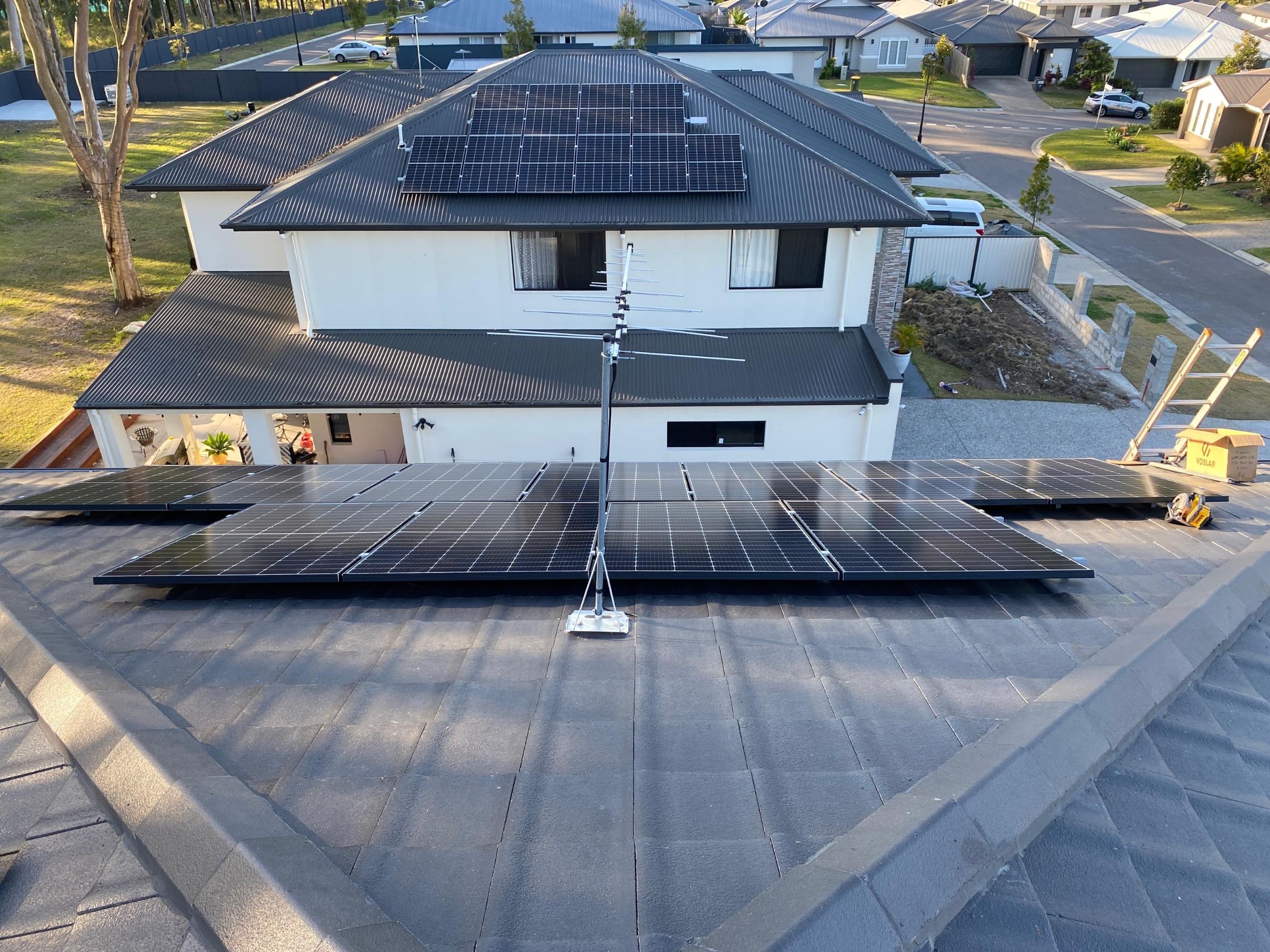
3. What is the average payback period for a residential solar system in Queensland?
The payback period for a solar system in Queensland can range from 3 to 8 years, depending on factors such as your energy usage, the cost of electricity, and government incentives.
4. Can I sell excess electricity back to the grid with a residential solar system in Queensland?
Yes, you can sell excess electricity back to the grid in Queensland through a process called feed-in tariffs.
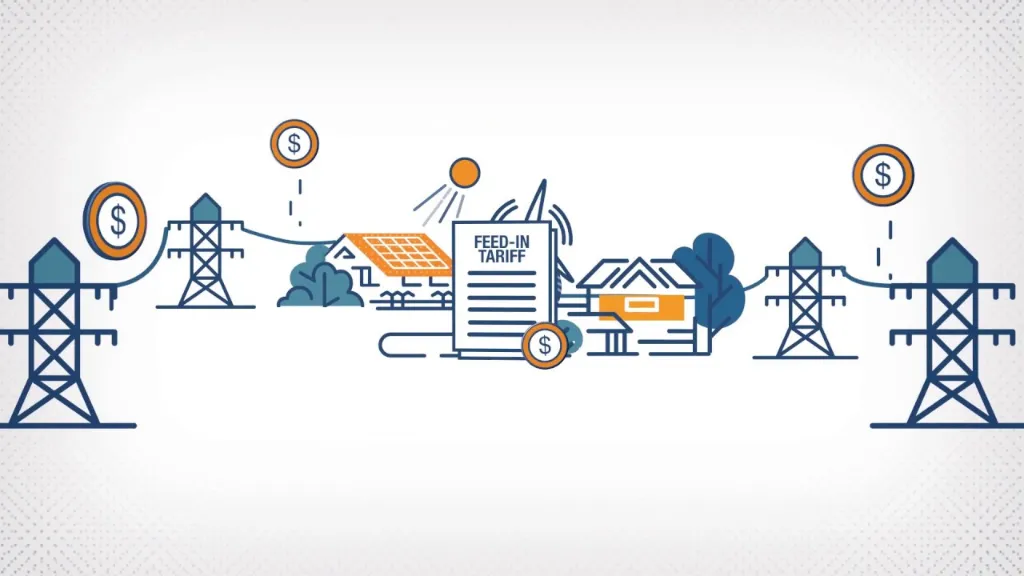
5. What government incentives or rebates are available for residential solar systems in Queensland?
There are a variety of government incentives and rebates available for solar systems in Queensland, including the Federal Government’s Small-scale Renewable Energy Scheme and the Queensland Government’s Solar for Rentals program.
6. How do I choose the right size and type of solar system for my home in Queensland?
Choosing the right size and type of solar system will depend on your energy usage, roof size and orientation, and other factors. A professional solar installer can help you choose the right system for your needs. Contact us to get a tailored and free quote.
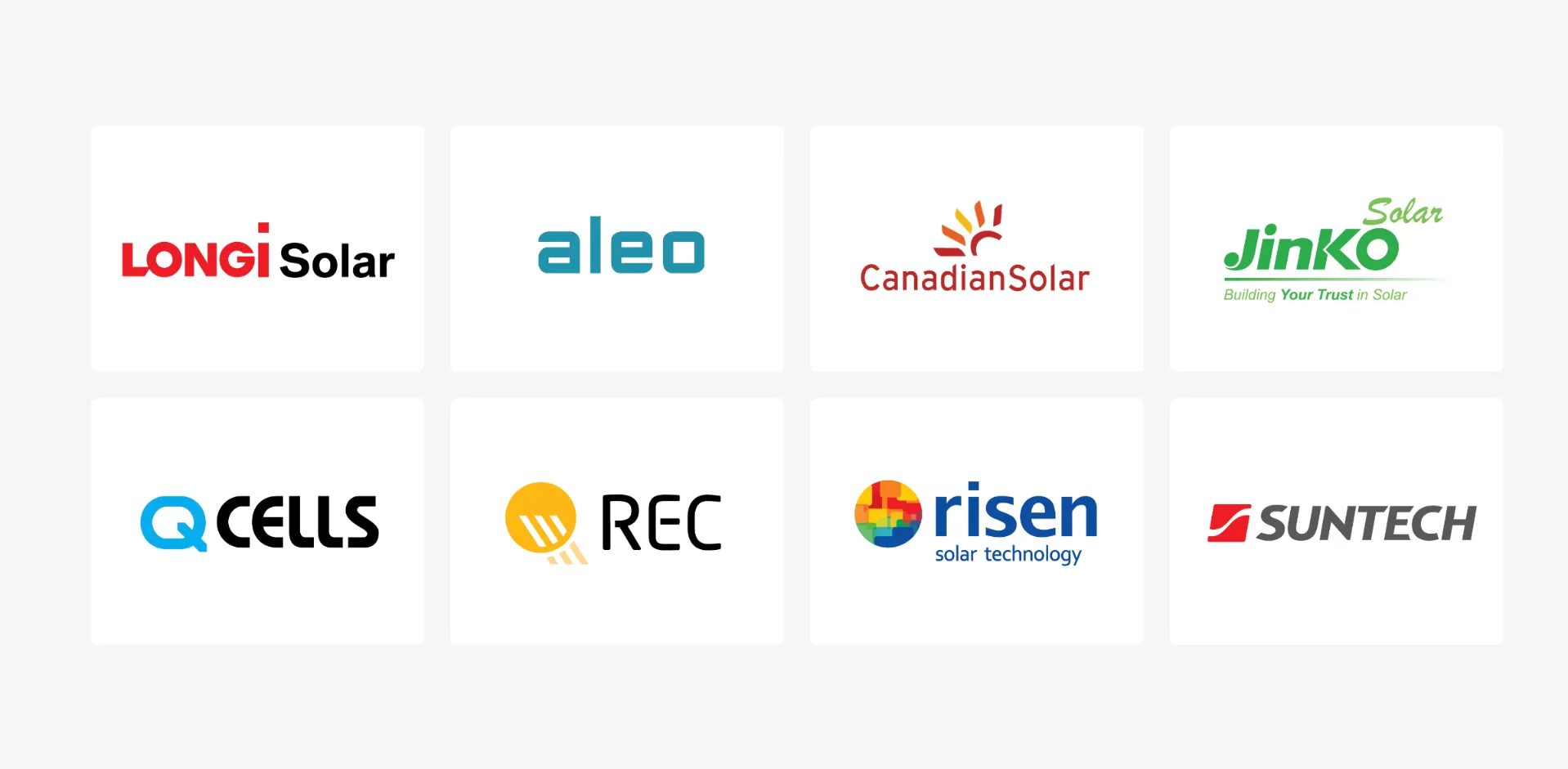
7. What maintenance is required for a residential solar system in Queensland?
Solar systems require little maintenance, but it’s important to keep the panels clean and free from debris. It’s also recommended to have an annual inspection by a professional installer.
8. How long does a residential solar system last in Queensland?
Most solar systems have a lifespan of 25 to 30 years, but the panels can last even longer.
9. How does shading or trees affect the performance of a residential solar system in Queensland?
Shading or trees can affect the performance of a solar system by reducing the amount of sunlight the panels receive. It’s important to consider shading when choosing the location for your solar panels.
10. Can I install a residential solar system myself or do I need a professional installation in Queensland?
It is not recommended to install a solar system yourself. It’s important to hire a professional solar installer to ensure proper installation and avoid potential safety hazards.
11. How does weather and climate affect the performance of a residential solar system in Queensland?
Solar systems can still generate electricity on cloudy or rainy days, but their performance may be reduced. However, Queensland’s sunny climate makes it an ideal location for solar power.
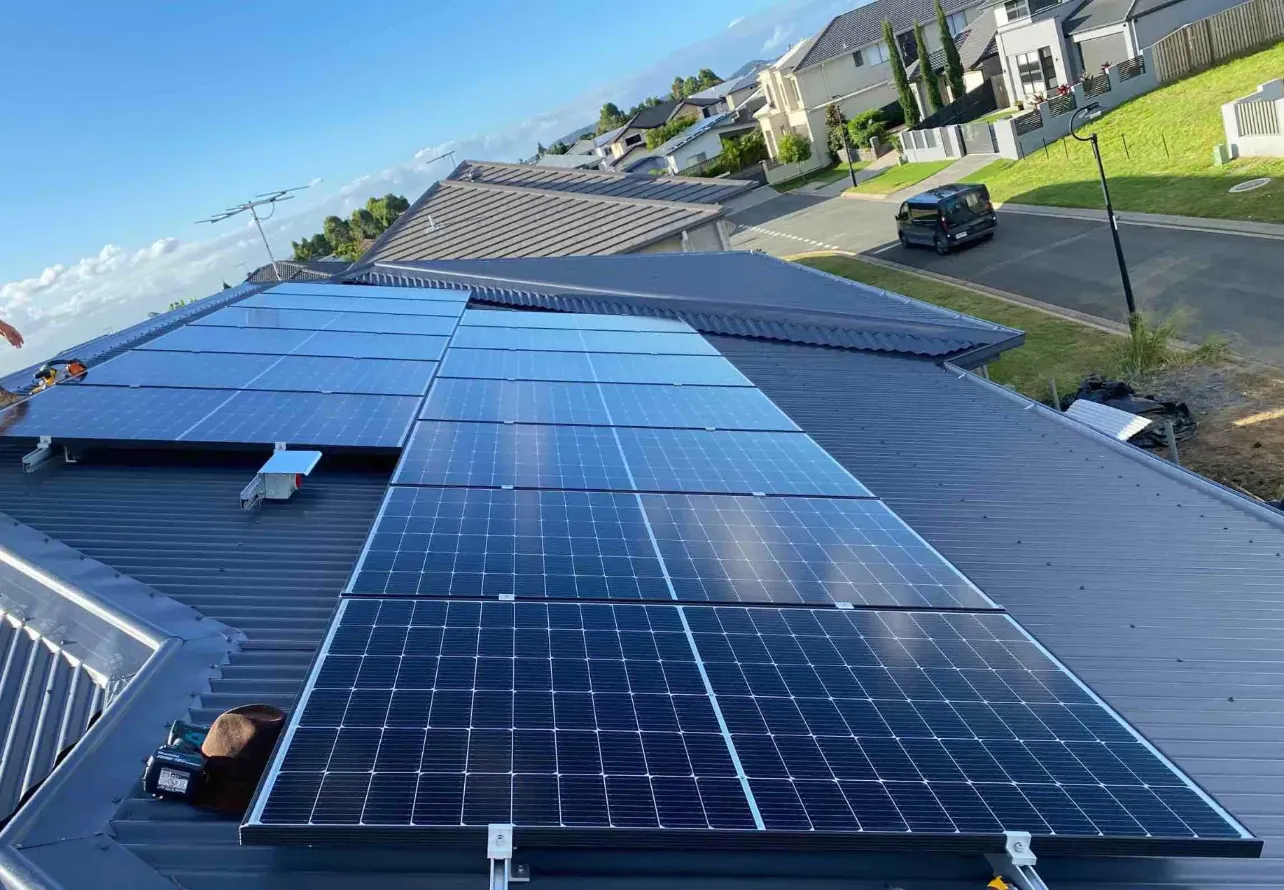 Residential solar system Project” class=”wp-image-541″/>
Residential solar system Project” class=”wp-image-541″/>12. How much can I expect to save on my electricity bills with a residential solar system in Queensland?
The amount you can save on your electricity bills will depend on your energy usage, the size of your solar system, and other factors. On average, homeowners in Queensland can save up to $1,000 per year on their energy bills with a solar system.
13. What are the different types of solar panels available for residential use in Queensland?
There are several types of solar panels available, including monocrystalline, polycrystalline, and thin film. Each type has its own advantages and disadvantages, so it’s important to choose the right one for your needs.
14. How does the angle of my roof affect the performance of a residential solar system in Queensland?
The angle of your roof can affect the performance of your solar system by determining how much sunlight the panels receive. Ideally, solar panels should be installed at an angle that maximizes their exposure to sunlight.
15. What is net metering, and is it available in Queensland?
Net metering is a billing arrangement that allows homeowners with solar systems to receive credit for excess electricity they generate and feed back into the grid. Net metering is available in Queensland, but the specifics may vary based on your energy provider.
16. How does a residential solar system impact the value of my home in Queensland?
Studies have shown that homes with solar systems sell for more than homes without them. In fact, a recent study found that solar systems can increase a home’s value by up to 3.5%.
17. How does a residential solar system impact my home insurance in Queensland?
Most home insurance policies cover solar systems, but it’s important to check with your insurance provider to ensure you have adequate coverage.
18. What happens to my solar system during a power outage in Queensland?
In the event of a power outage, most solar systems will automatically shut down to prevent backfeeding into the grid. However, there are backup battery options available that can keep your solar system running during an outage.
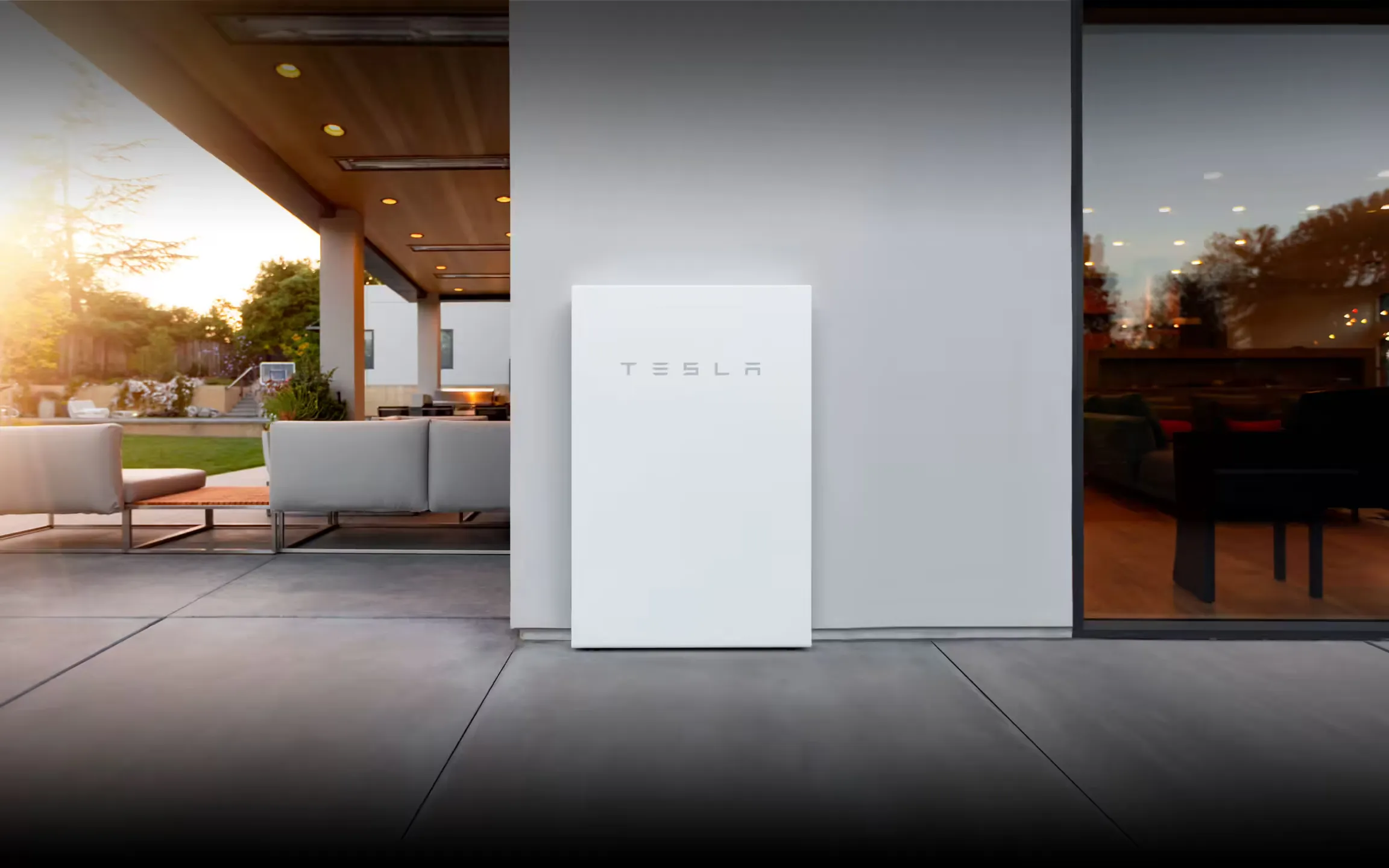
19. How does a residential solar system impact the environment in Queensland?
Solar power is a clean, renewable energy source that can help reduce greenhouse gas emissions and combat climate change.
20. How do I choose a reputable solar installer in Queensland?
It’s important to choose a reputable solar installer who can provide quality products and services. Look for installers who are licensed, insured, and have a proven track record of success.
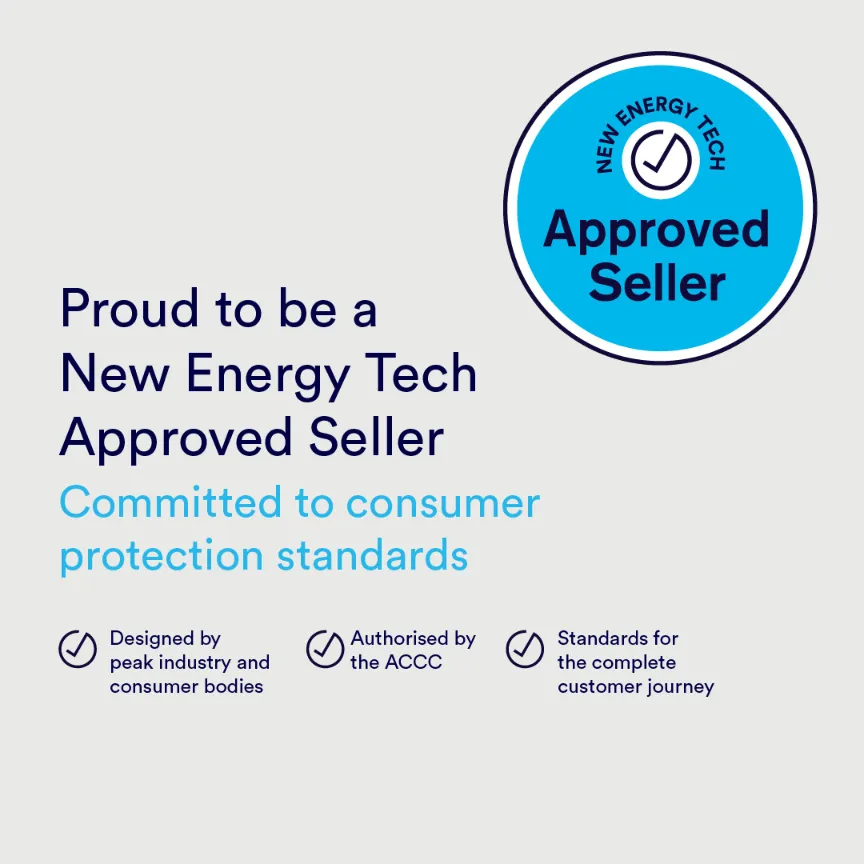
Conclusion
In conclusion, installing a residential solar system in Queensland can be a great investment for homeowners who want to save money on their energy bills and reduce their carbon footprint. However, it’s important to do your research, ask the right questions, and choose a reputable solar installer to ensure a successful installation. With the right information and guidance, you can enjoy the many benefits of solar power for years to come.
